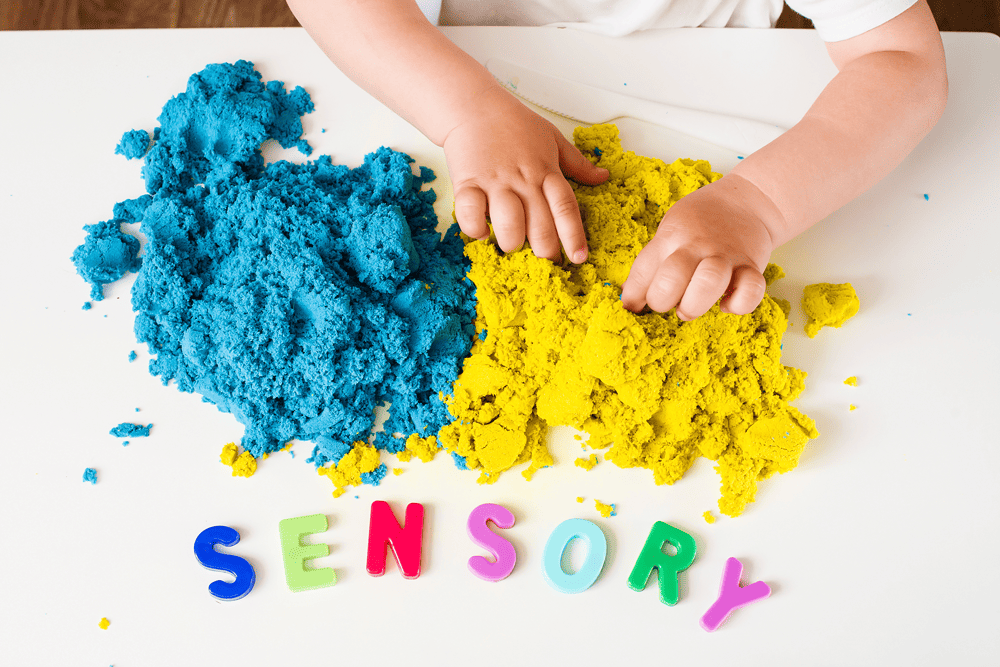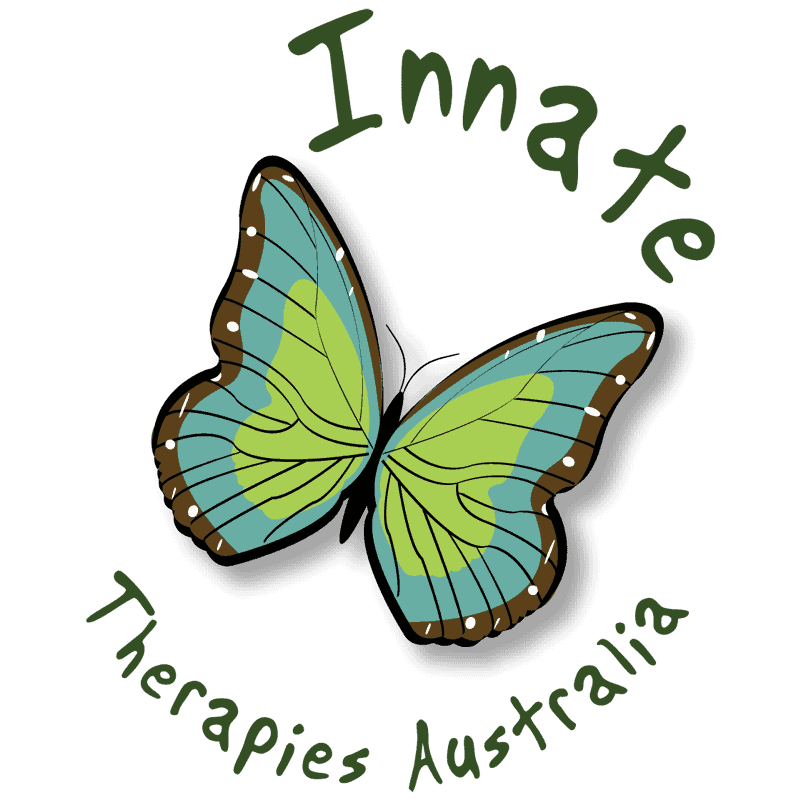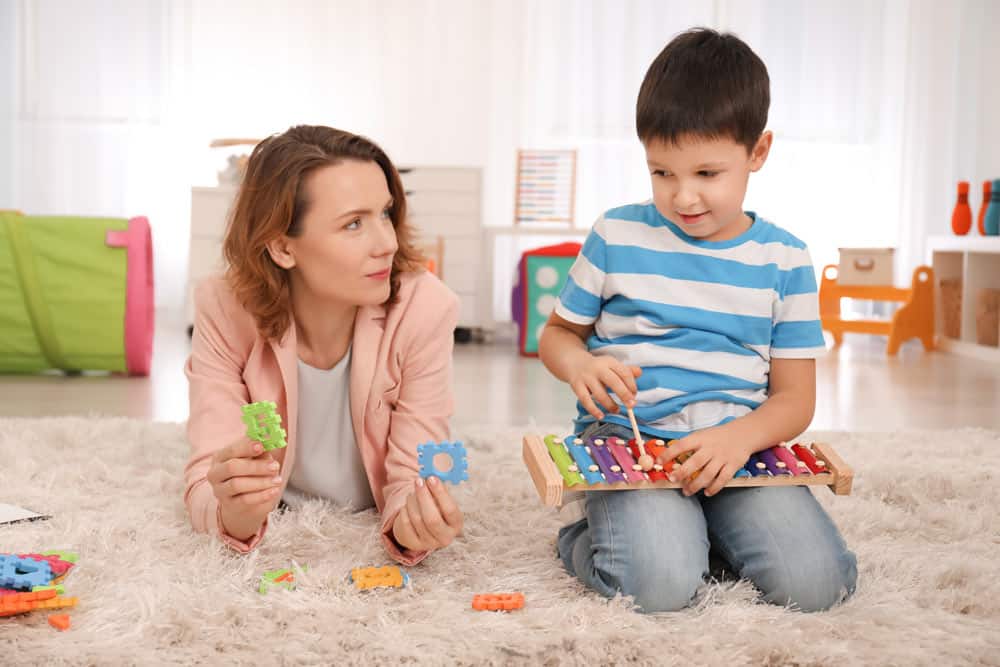SPOTLIGHT ON PLAY THERAPY
Children often face a myriad of challenges as they navigate the complexities of growing up. These challenges can manifest in various ways, including behavioral issues, emotional struggles, and difficulties in communicating their thoughts and feelings. Play therapy healing for children is a distinct type of therapy that provides children with an exceptional and efficient method to communicate their feelings and seek recovery. In this article, we will dive into the realm of play therapy, examining its core tenets, advantages, and its vital role as a conduit for children’s expression and recovery.
Understanding Play Therapy
Play therapy is a form of psychotherapy tailored specifically for children. It recognizes that children may not have the verbal skills or emotional vocabulary to express their thoughts and emotions in the same way adults do. Instead, they often communicate through play. By engaging in play therapy, children can use toys, art, and other creative outlets to express their inner world, fears, hopes, and dreams.
The Role of the Play Therapist
A trained and certified play therapist plays a pivotal role in this process. They create a safe and non-judgmental environment where children can explore and process their feelings. The therapist observes the child’s play, often without direct intervention, to gain insights into their emotions and concerns.

The Benefits of Play Therapy
Play therapy offers a wide range of benefits for children facing emotional and psychological challenges:
- Emotional Expression
Children can use play to express emotions they may not be able to put into words. Whether it’s anger, sadness, or anxiety, play therapy provides a space for them to communicate and process these feelings.
- Building Trust
The play therapist builds the therapeutic relationship with the child based on trust. This trust allows the child to open up and share their innermost thoughts and fears.
- Problem Solving
Through play, children can work through problems and develop problem-solving skills. This can be particularly helpful for children dealing with issues like bullying, peer conflicts, or family disruptions.
- Improved Communication
Children in play therapy learn to express themselves better in therapy and in their everyday lives. This improved communication can lead to better relationships with peers, teachers, and family members.
- Emotional Regulation
Play therapy helps children learn to regulate their emotions and cope with stress and anxiety in healthier ways. This skill can have long-lasting benefits as they grow into adolescence and adulthood.
Types of Play Therapy
There are several approaches to play therapy, each with its own techniques and methods. Some common types include:
- Child-Centered Play Therapy
In this approach, the child takes the lead during the sessions, choosing the toys and activities they want to engage in. The therapist provides support and empathy as the child explores their emotions and experiences.
- Filial Play Therapy
This form of play therapy involves parents or caregivers in the therapeutic process. They learn how to engage in play with their child in a way that fosters emotional connection and healing.
- Art Therapy
Art therapy allows children to express themselves through various art forms, such as drawing, painting, and sculpture. This can be particularly helpful for children who may find it challenging to express themselves verbally.
- Sandplay Therapy
Sandplay therapy involves the use of a sandbox and miniature figures or objects. Children create scenes in the sand, which can serve as metaphors for their inner experiences and emotions
Who Can Benefit from Play Therapy?
Play therapy is a versatile approach that can be beneficial for children facing a wide range of issues, including:
Behavioral Problems
Children with behavioral challenges, such as aggression, defiance, or withdrawal, can benefit from play therapy. It helps them understand the underlying emotions driving their behavior.
Trauma and Abuse
Children who have experienced trauma or abuse may find it difficult to talk about their experiences. Play therapy provides a safe space for them to process their trauma and begin the healing process.
Anxiety and Depression
Play therapy helps children with anxiety and depression by teaching them how to handle their feelings and feel better about themselves.
Grief and Loss
Children dealing with grief and loss, whether due to the death of a loved one or a major life change, can benefit from play therapy as they navigate their feelings of sadness and confusion.
Developmental Delays
Children with developmental delays or disabilities can use play therapy to work on their social and emotional skills, improving their overall quality of life.
The Play Therapy Process
The play therapy process typically follows a structured format:
- Assessment
During the initial sessions, the play therapist assesses the child’s needs, concerns, and goals for therapy. This helps tailor the approach to the child’s specific situation.
- Establishing Rapport
Building a trusting relationship with the child is a crucial step. The therapist creates a safe and nurturing environment to facilitate open communication.
- Play Sessions
The bulk of play therapy consists of regular play sessions where the child engages in various activities and creative expressions. The therapist observes, offers guidance when necessary, and listens attentively to the child’s narratives through play.
- Processing
After play sessions, the therapist may engage in discussions with the child to help them understand and make sense of their feelings and experiences.
- Closure
As the child progresses, play therapy sessions may gradually come to an end. Closure involves reviewing the progress made and helping the child transition back to their daily life.
The Importance of Play in Healing
Play is an essential part of a child’s development, and it naturally serves as a medium for self-expression and exploration. In the context of play therapy, this innate tendency is harnessed to promote healing and growth.
Symbolism in Play
Children often use symbols and metaphors in their play to represent their thoughts and emotions. For example, a child might use a superhero figurine to symbolize their desire to feel strong and confident. Through the therapist’s guidance, these symbols can be explored and understood.
Creating a Safe Space
The play therapy room is intentionally designed to be a safe and inviting space. Toys and materials are carefully selected to allow for a wide range of creative expression. This environment communicates to the child that their feelings are valid and accepted.
The Role of Parents and Caregivers
While play therapists are central to the healing process, parents and caregivers also play a vital role. They can support their child’s progress by:
- Active Involvement
Being actively involved in their child’s therapy by attending sessions or participating in filial play therapy.
- Empathy and Understanding
Demonstrating empathy and understanding toward their child’s struggles and experiences.
- Reinforcement at Home
Reinforcing the therapeutic concepts and techniques learned in play therapy at home.
Open Communication
Maintaining open lines of communication with the play therapist to ensure a collaborative approach to the child’s healing journey.
Success Stories
Numerous success stories demonstrate the efficacy of play therapy in helping children overcome challenges and heal emotional wounds. For instance, a child who struggled with separation anxiety might use role-play to act out scenarios where they feel safe and confident when apart from their caregiver. Over time, this can lead to reduced anxiety and improved coping mechanisms.
A Path to Healing and Expression
At Innate Therapies , our Play therapy helps children with emotional and behavioral challenges express themselves and heal.
Through play, children can unlock their inner worlds, process their feelings, and develop essential life skills. As parents, caregivers, and professionals, it is crucial to recognize the significance of play therapy in supporting children on their journey toward emotional well-being and resilience. By providing a safe space for children to play and express themselves, we empower them to grow, heal, and thrive.

